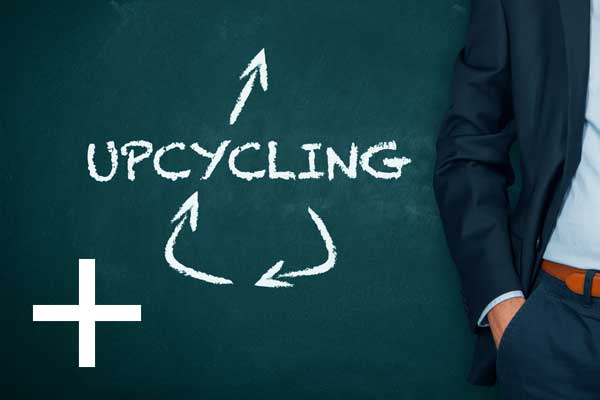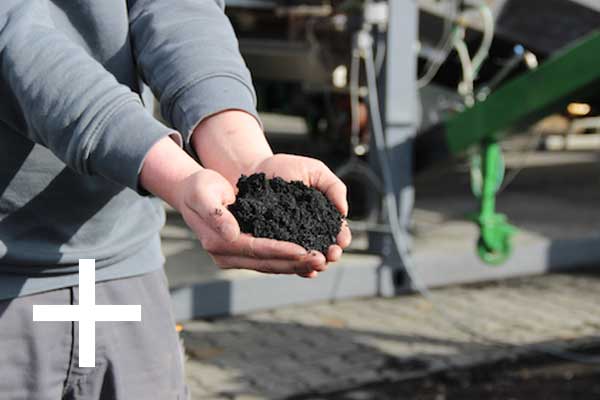Turn your production climate positive – CO2 removal with residual materials
For a resilient CSR and communication of sustainability
With a PYREG system, carbonaceous residues are carbonized and around 3 tons of CO2 per ton of biochar are permanently stored.
Biochar is a valuable and sustainable product. By using it as soil improver or as substitute for fossil materials, natural carbon sinks are created, in which CO2 is sequestered for centuries. These carbon sinks, just like reforestation and humus growth, are without alternative to counteract the climate crisis. After all, emission reductions alone are not enough. To achieve the goal of the European Union, which is to become climate neutral by 2050, the annual sink volume must increase to at least 850 million tons of CO2 .
Using the PYREG PX 1500, an average output of 550 tons of biochar can be produced every year. Incorporated into the soil as a soil improver, this can sequester as much CO₂ per year as 140,000 trees.

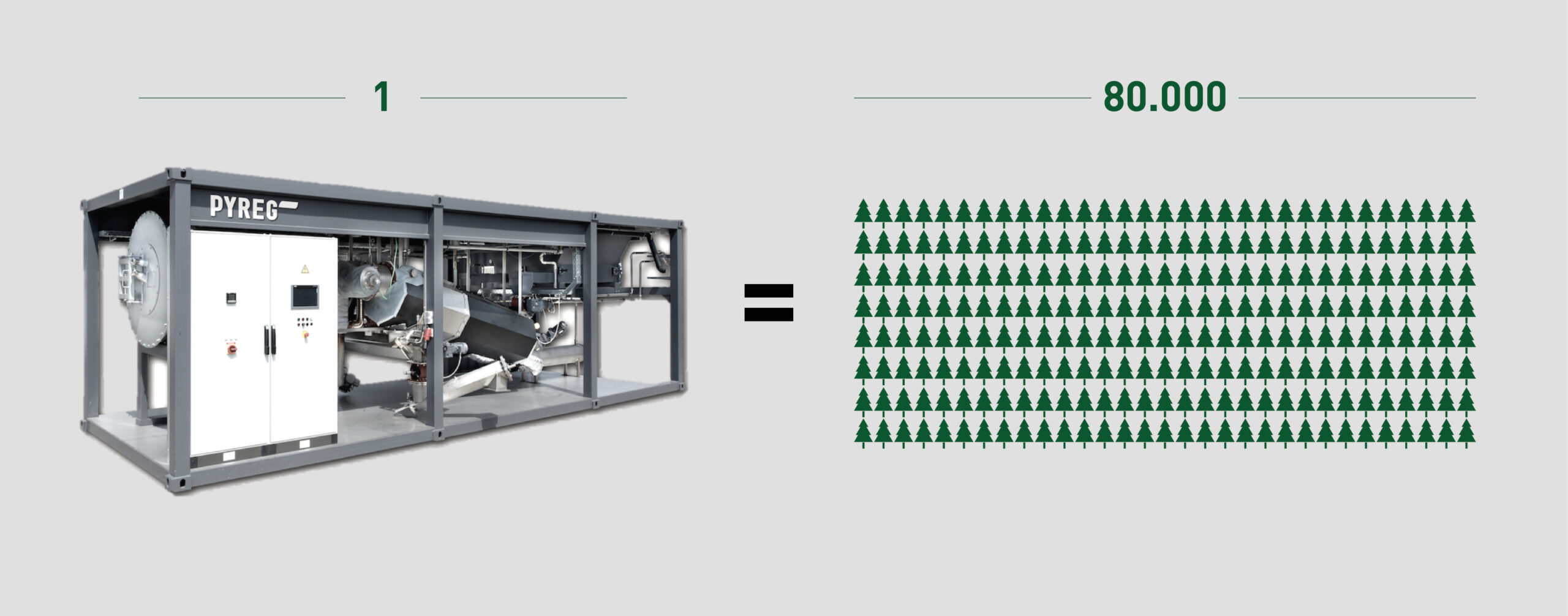
Carbonisation is a climate protection instrument
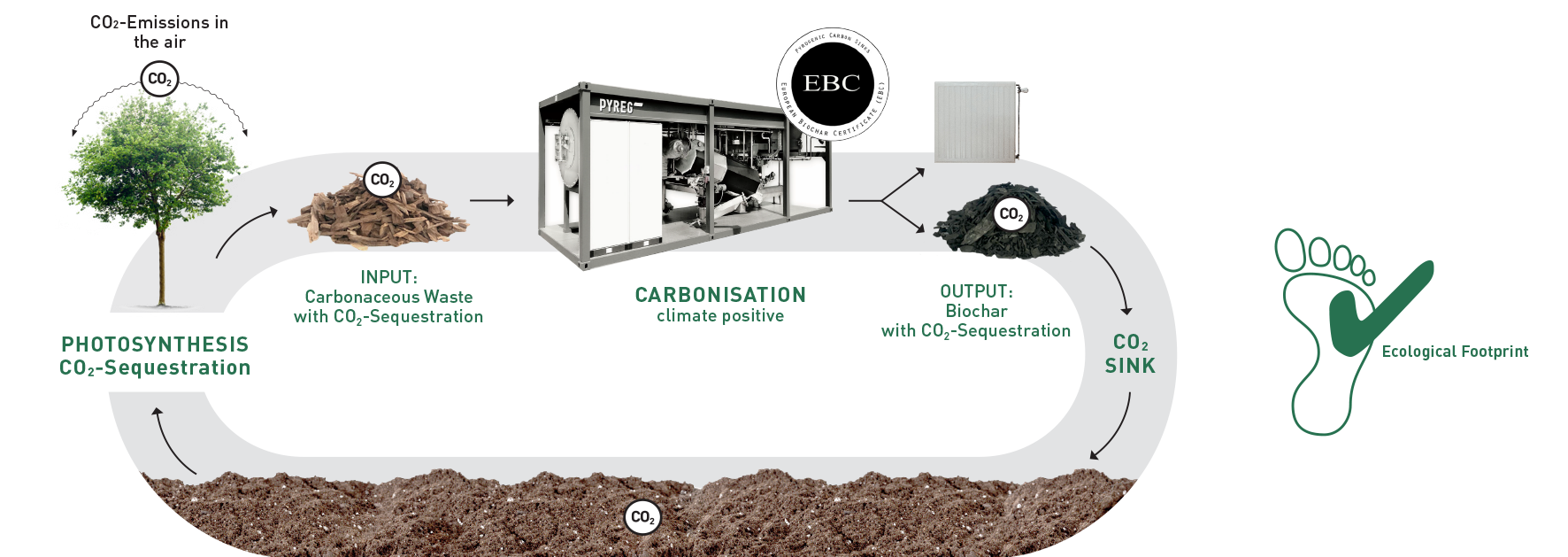
Generate your own CO2-certificates!
By upcycling your residual materials into a climate-protecting end-product, your production becomes climate-positive. You can sell any additional CO2 storage capacity as CO2-certificates on the voluntary market. Our partner, Carbonfuture, is the first trading platform that meets the high EBC standards. Here, based on our type certification, some of our customers are already listed. Become part of this carbon sink industry!
Your guarantee: The EBC seal
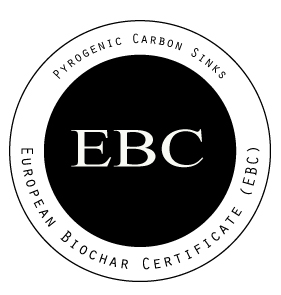
PYREG plants are EBC type-certified, a voluntary industry standard in Europe designed to ensure consistent and verifiable standards for climate-protective biochar production.


